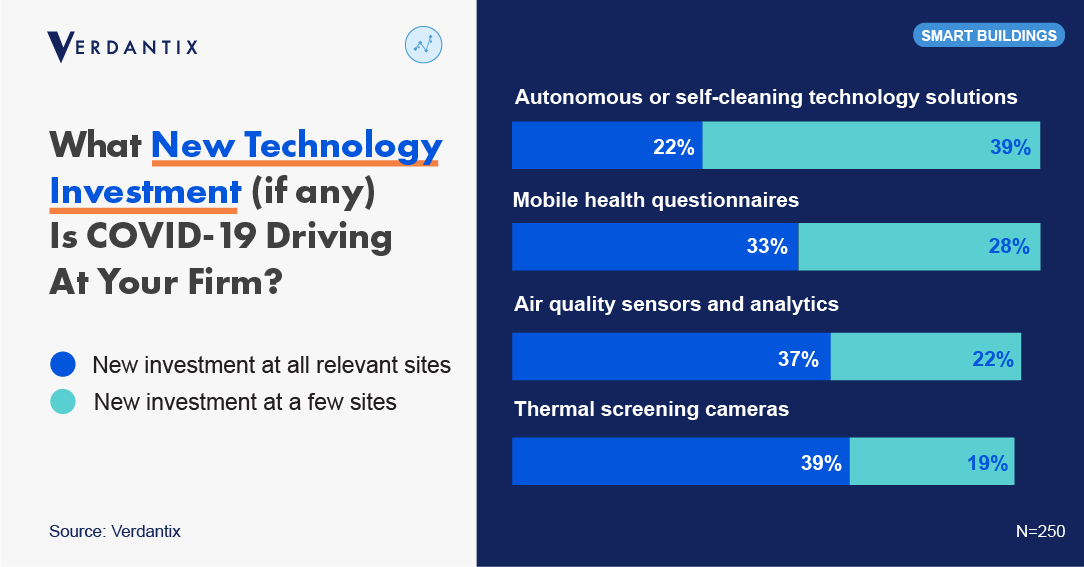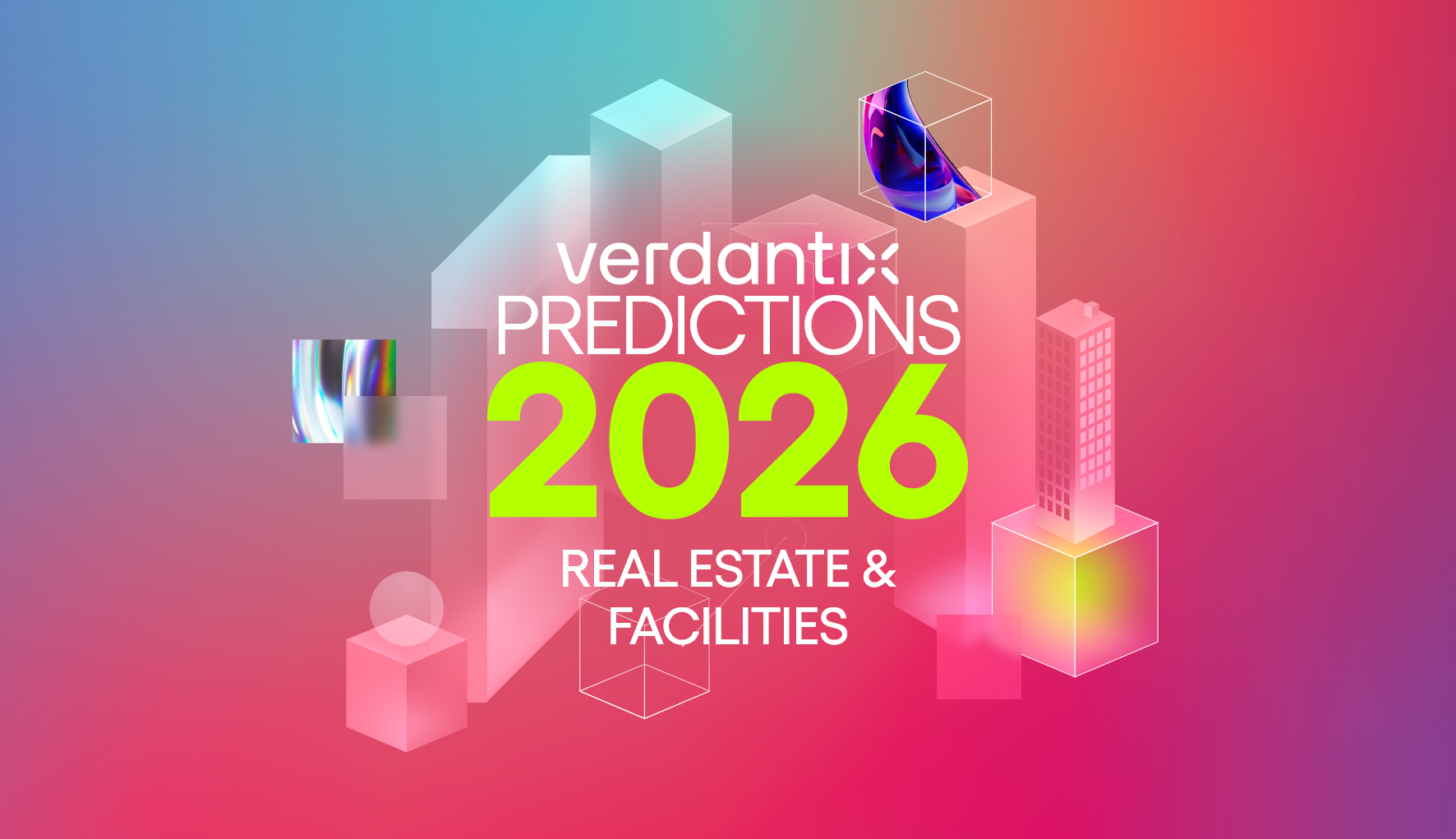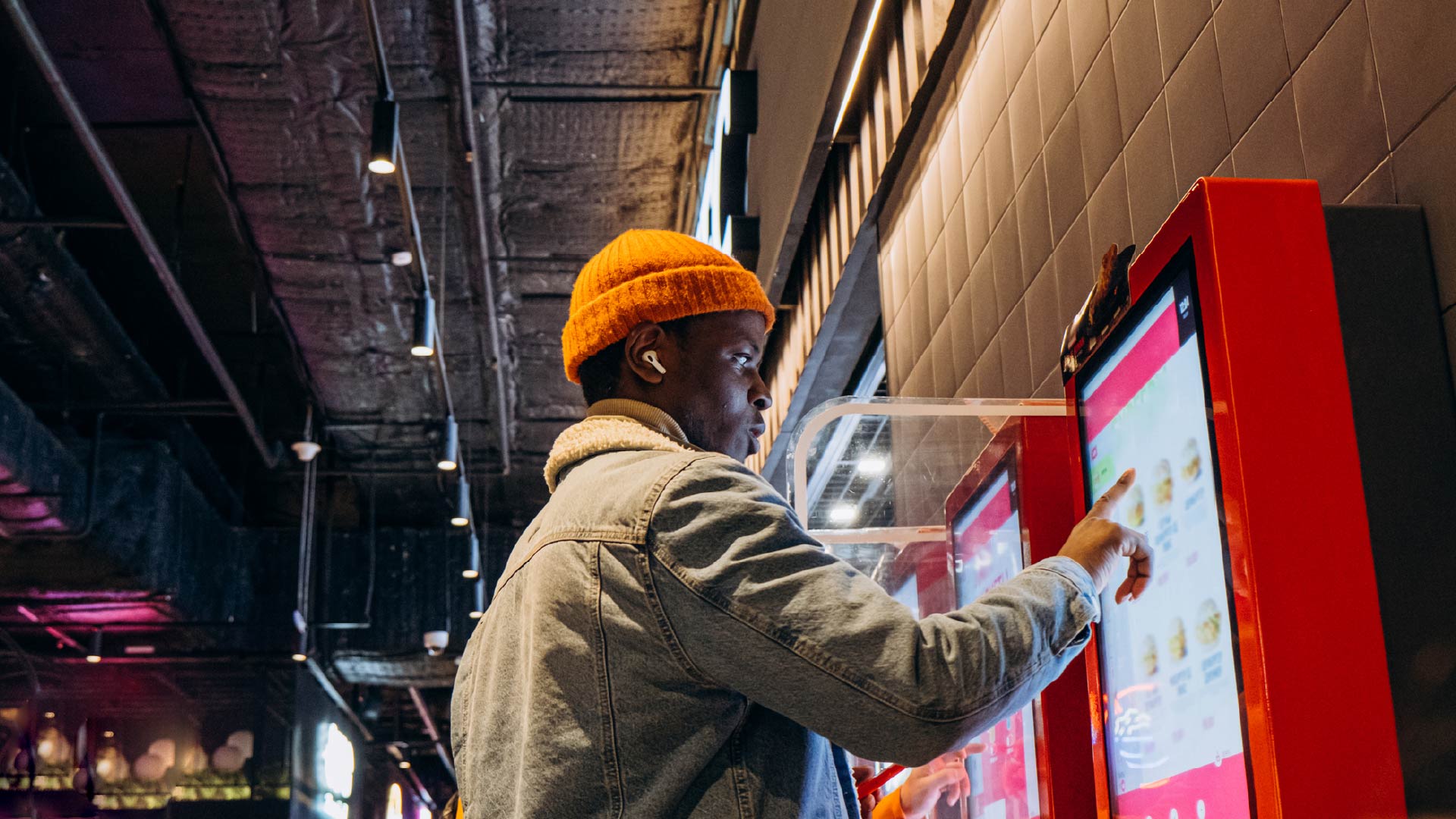COVID-19 Will Drive Portfolio-Wide Spending On Occupant Health And Wellbeing Initiatives
In Verdantix’s 2020 global survey with 250 real estate executives, 55% of firms rated the improvement of occupant health and wellbeing as one of the three most important strategic objectives in the next three years. Unlike the early-generation wellbeing programmes that focused on flagship buildings, firms are planning to make investments across their portfolio. Witness 37% of firms rolling out air quality sensors at all sites and 33% implementing workplace apps with health management functionality. These trends cement the notion that occupant wellbeing is no longer a ‘nice to have’, but a central part of new workplace strategies.
While occupant wellbeing has been on the facility manager’s agenda for many years, programmes often struggled to break out of the domain of flagship buildings. Firms traditionally looked to occupant wellbeing to bolster productivity, though for many business executives, there was not compelling enough evidence linking the two. COVID-19 significantly raises the stakes of wellbeing; it is a critical part of worker safety and an enabler for bringing staff back to offices. For landlords, occupant engagement is now a risk management strategy and part of trying to retain as many tenants as possible. Witness commercial real estate investor Granite Properties launching a $10 million investment in its ‘Inspire Wellness’ programme, targeting long-term health and safety improvements across all its portfolio via technology such as touchless controls, HVAC systems and self-cleaning solutions. In April 2020, RMZ attained the WELL Safety Rating for Facility Operations and Management at 41 properties.
2021 is looking set to be the year that occupant wellbeing programmes finally go portfolio wide. Building managers and developers must act now to accommodate occupant health and wellbeing within their operational performance metrics. Firms should review the growing range of wellbeing certifications which are increasingly becoming a vehicle for benchmarking and highlighting a building’s health and wellbeing credentials.
For more insights into this topic, see our recent report, Beyond COVID-19: Emerging Best Practices For Occupant Health And Wellbeing.

About The Author

Dayann Charles
Senior Manager, Advisory Services





